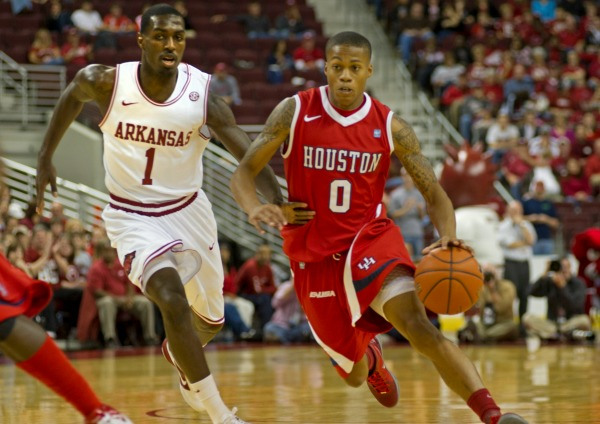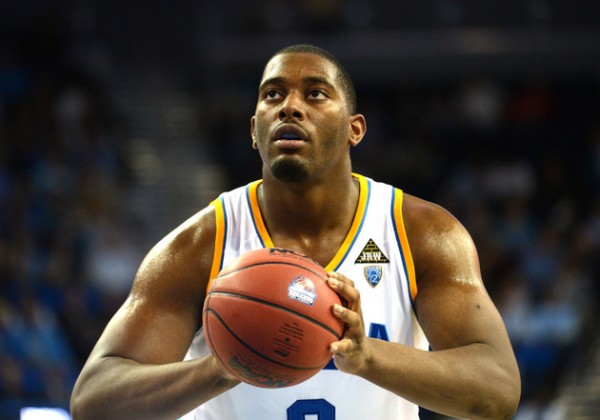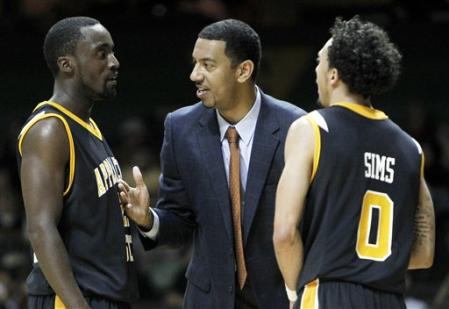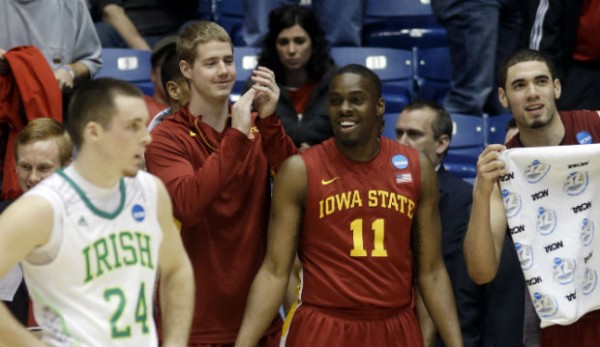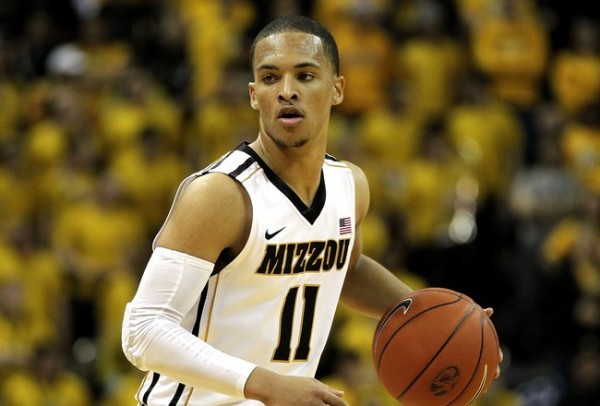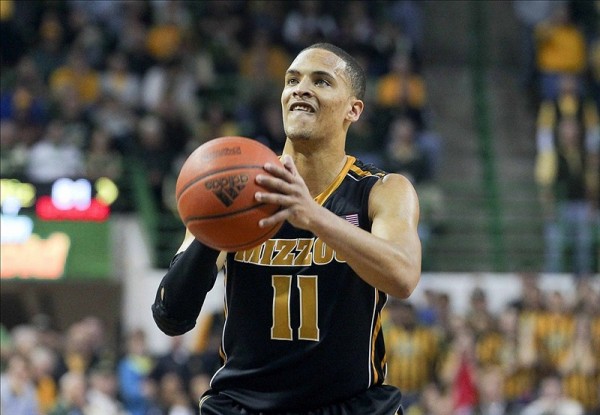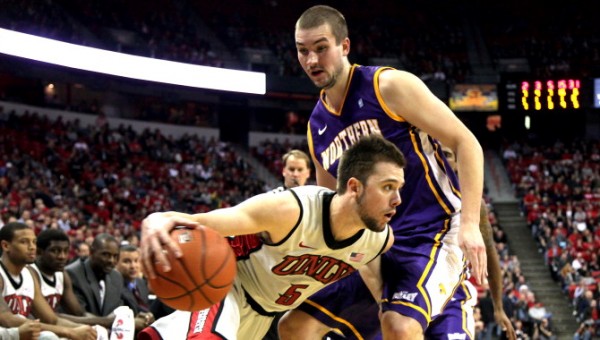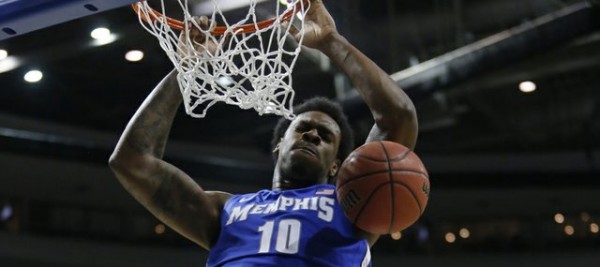NCAA Considering Change in Transfer Rules… Again
Posted by Chris Johnson on January 3rd, 2014One of the topics college basketball people frequently debate and nitpick is transfer culture. They get into other macro issues from time to time, like changes to how the game is officiated and amateurism, but transfer-related issues – a certain player’s waiver getting denied by the NCAA, for instance, or an inconsistent application of transfer rules, or the vast increase in transfers in recent years, or coaches deciding to block or limit where a player can transfer, or something else – seem to spark discussion and controversy on a national level just as (or more) often than anything else. A new transfer-related development has, to no one’s surprise, created a bit of a stir among college hoops folks.
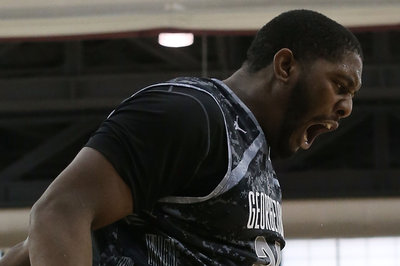
Josh Smith Represents a Transfer Ruling That Didn’t Make Much Sense (Photo by Chris McGrath/Getty Images)
The NCAA Division I Leadership Council, which was at one point considering a loosening of the restrictions that apply to transfers ineligible for the one-time transfer exception (football, basketball, baseball and men’s ice hockey players), is discussing the notion of making all transfers sit out a season regardless of circumstance. Student-athletes would be granted an extra year to their “five-year” eligibility clock if they transfer after using their redshirt year. Student-athletes who have not already redshirted would not be granted an extra year. This would essentially eliminate the waiver process you read about so often – the one that initially denied Rutgers transfer Kerwin Okoro immediate eligibility after he moved closer to his New York home following the death of two family members, but allowed UCLA transfer Josh Smith to play right away, just because.





























